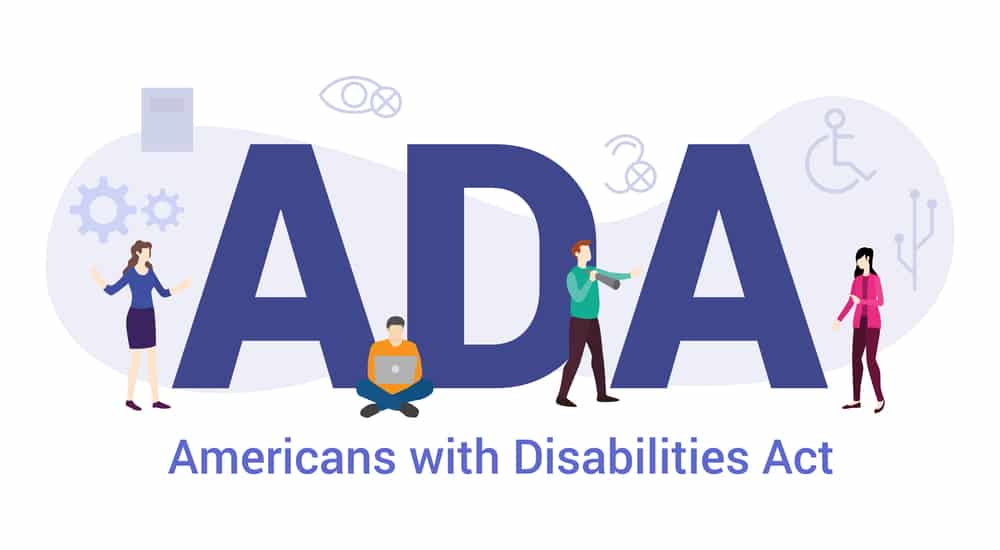In the early phase of a startup’s growth, founders typically neglect to deal with the legal foundations of the business. There is a tendency to think of a startup in terms of product-market fit, the culture of the organization and getting the right team together. Very attention is paid to the fact that the legal foundations of the business enable it to operate smoothly and protect the founders from personal liability. In making this mistake, founders neglect to ensure that the most important legal documents for a startup are put together.
Articles of incorporation
The business structure of your business entity defines the legal and tax obligations of the business, and the degree of personal liability that the owners assume.
The most common business structures are the corporation, and S corporation, partnership, and sole proprietorship. A Limited Liability Company (LLC) is a business structure permitted under state statute. Legal and tax considerations enter into selecting a business structure. The type of business structure you choose determines the income tax form that your business will have to file and the kinds of legal and tax demands that will be made of the business.
Now when registering your business, you have to apply for articles of incorporation if you are forming a corporation, or articles of organization if you are forming an LLC. This is a document that affirms that your business has been registered. Corporations are registered under federal law, but LLCs are registered under state law. Registration is done through the state’s Secretary of State or the state agency responsible for registering businesses.
IP Assignment Agreement
Intellectual property (IP) is an important asset in a business’ portfolio. It represents a business’ right to derive economic benefits from intangible creations of the human mind. Examples of IP are copyrights, trademarks, patents and trade secrets.
Your possession of an IP assignment agreement can be the difference between a fresh injection of capital and your business folding. Technology companies are built on intangibles. You can’t touch code. And that code has to be protected through an IP assignment agreement. This agreement assigns ownership and control of IP to the business. It says that your business has the right to come to make decisions regarding how IP is used, disposed off and represented.
Generally, there are two kinds of IP Assignment Agreement:
Technology Assignment Agreement: this assigns a startup with any IP created before the formation of the startup. Developers may retain certain ownership rights, or they may exchange them for cash or equity in the startup.
Invention Assignment Agreement: this assigns a startup with any related work product that its employees created after the business’ formation. Typically, the founders and its employees also sign a confidentiality agreement alongside the invention agreement agreement. The company will then own all the right to its IP portfolio.
Bylaws
A business needs to have very clearly defined bylaws so that it operates as smoothly as possible. The bylaws of an organization the rules that the organization operates under. The bylaws will say how disputes are resolved, how leadership will be chosen, and what rights and obligations the shareholders will have. The bylaws will determine what voting thresholds have to be reached in order for various classes of decision to be passed.
Operating Agreement
Clarity regarding how a business should be run, is essential to its smooth functioning. An operating agreement delineates the responsibilities of each of the founders, how communication will occur and how conflicts will be resolved. Whereas the bylaws are the nuts and bolts of the operating side of the legal structure of a business, the operating agreements sets forth the broad principles that will drive how the business operates.
Non-Disclosure Agreements (NDA)
An NDA protects the confidentiality of company data. It is typically assigned either to cordon off certain data that employees come across in their work in your business, or to enable the smooth exchange of information between your business and another entity, such as an investor, potential buyer, or joint venture partner. The NDA ensures that the signatories cannot reveal what they come across, whether it’s in the form of ideas, or IP, or something else. An NDA should clarify:
- What the business considers confidential information
- How that confidential information should be treated
- That the company owns that confidential information
- In what time frame that confidential information will be disclosed
- The time frame under which the signatory is bound to maintain confidentiality
Offer Letters and Employee Contracts
When your business hires a new employee, it needs to write offer letters and employment contracts, so that the employee is aware of their rights and obligations. These letters should indicate the:
- Terms of employment (working hours, compensation, responsibilities and grounds for dismissal)
- IP ownership of any work produced
- Reporting structure
- Expectations
- Share vesting
- Required commitments
- Company policies (e.g. paid time off structure, vacation days, dress code)
- Shareholder Agreements
The shareholders of a business supply it with the equity capital. These shareholders do so because they believe that capital in the hands of that business will grow at a better risk-adjusted rate than if they invested in another business. These shareholders have expectations regarding the performance of their fractional ownership of your business.
In return for their equity capital, founders give shareholders shares to which rights are attached. These rights are in the form of voting power, the right to transfer any shares, the right of first refusal, redemption in the event of disability or death and the right to have a say in managerial decisions and the running of the business.
The rights of shareholders have to be clearly outlined so that their trust in the company is not compromised. There is a range of possibilities in terms of how shareholder agreements can be structured and the rights of the shareholders. For instance, many tech firms allow their founders to have a majority or a significant minority of voting power even in the event that the founders are minority shareholders. This is because those founders and their shareholders believe that the founders should have the freedom to execute their vision. On the other hand, some businesses give shareholders a great deal of voting power and management is entirely at the behest of the shareholders. What is important is that these rights are delineated early on so there are no disagreements.



